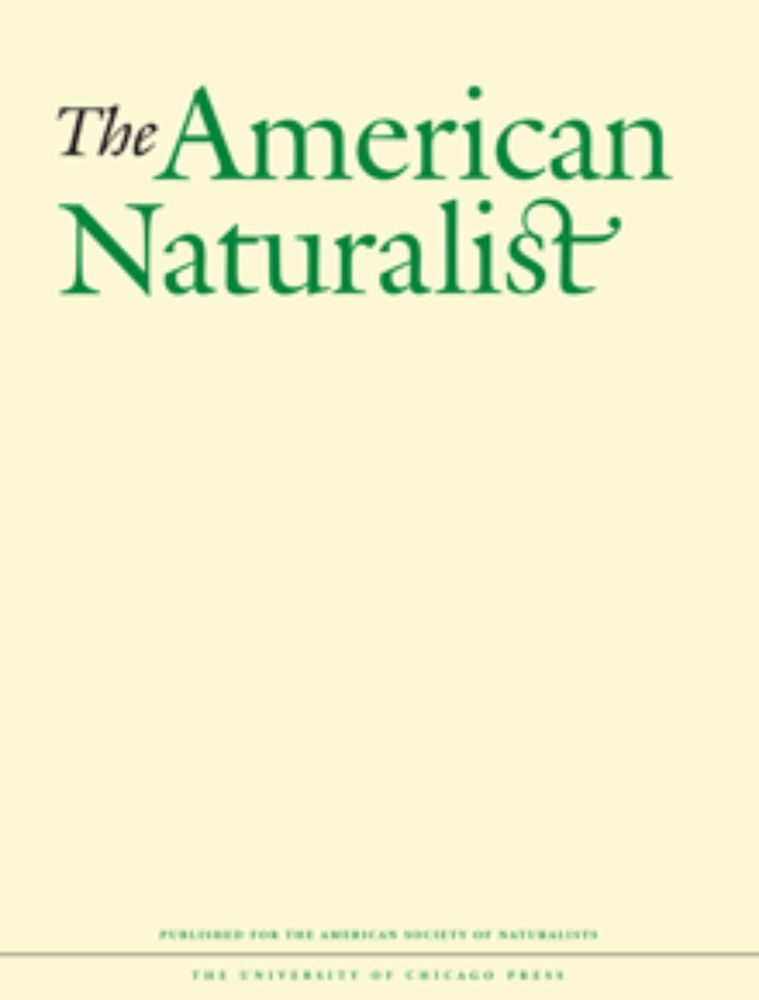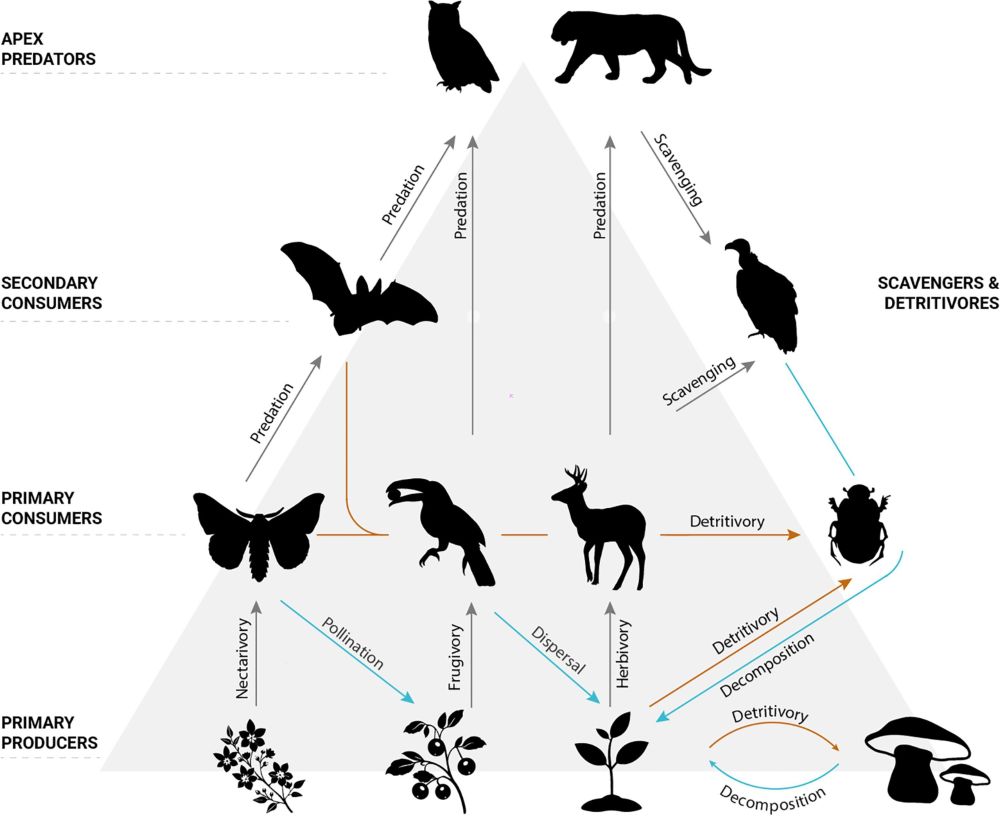
www-pnas-org.ezproxy.lib.uconn.edu/doi/10.1073/...
Mark Urban, Chris Elphick, and I argue that conservation programs should pay more attention to heritable within population variation, enabling rapid evolutionary response to environmental changes.
www-pnas-org.ezproxy.lib.uconn.edu/doi/10.1073/...
Mark Urban, Chris Elphick, and I argue that conservation programs should pay more attention to heritable within population variation, enabling rapid evolutionary response to environmental changes.
vertebrate-zoology.arphahub.com/article/1664...




vertebrate-zoology.arphahub.com/article/1664...




www.pnas.org/doi/10.1073/...

www.pnas.org/doi/10.1073/...
We tested how homogenisation (ecosystems becoming more alike through invasions) changes with scale.
Global = clear pattern
Local = not so simple
Read more: the3dlab.org/2025/10/22/a...
Paper, led by @mbuhaly.bsky.social: onlinelibrary.wiley.com/doi/10.1111/...

We tested how homogenisation (ecosystems becoming more alike through invasions) changes with scale.
Global = clear pattern
Local = not so simple
Read more: the3dlab.org/2025/10/22/a...
Paper, led by @mbuhaly.bsky.social: onlinelibrary.wiley.com/doi/10.1111/...
🧪 #biodiversity #sustainability
plos.io/3VGKknN

🧪 #biodiversity #sustainability
plos.io/3VGKknN
www.sciencedirect.com/science/arti...

www.sciencedirect.com/science/arti...
bit.ly/4merL5A
#conservationscience🌏
bit.ly/4merL5A
#conservationscience🌏
youtu.be/8y0V2pjwd0A?... #conservation #speciesresilience

youtu.be/8y0V2pjwd0A?... #conservation #speciesresilience
Discussed in this recent Paper by Kier Mitchel E. Pitogo in #EnvironmentalConservation
www.cambridge.org/core/journal...
#genomics
Discussed in this recent Paper by Kier Mitchel E. Pitogo in #EnvironmentalConservation
www.cambridge.org/core/journal...
#genomics
Now ahead of print! www.journals.uchicago.edu/doi/10.1086/...

Now ahead of print! www.journals.uchicago.edu/doi/10.1086/...

doi.org/10.1002/ecy....

doi.org/10.1002/ecy....
In our new paper we explore key processes - such as evolution, movement & biotic interactions - metrics, & how to conserve them
doi.org/10.1073/pnas...

In our new paper we explore key processes - such as evolution, movement & biotic interactions - metrics, & how to conserve them
doi.org/10.1073/pnas...
#biodiversity #Philippines #Genomics #genetics #vertebrates #Conservation #Conservationscience🌏 #wildlife
bit.ly/4merL5A
#biodiversity #Philippines #Genomics #genetics #vertebrates #Conservation #Conservationscience🌏 #wildlife
bit.ly/4merL5A

www.cambridge.org/core/journal...
www.cambridge.org/core/journal...





